Vitamin D3 4000 IU Lister+ 60 capsules
€9.00
Vitamin D is essential for the absorption and use of calcium and phosphorus, necessary for proper mineralization of bones.
Vitamin D3 4000 UI Lister +
Benefits
Contributes to the maintenance of bones and teeth
Contributes to normal muscle and immune system function
Protects cells against unwanted oxidation
Vitamin D3 is one of the main forms of vitamin D, a fat-soluble vitamin found in few foods.
Vitamin D has several benefits for the body: it contributes to the maintenance of normal muscle function; contributes to the normal functioning of the immune system; contributes to normal blood calcium levels; influences the cell division process and helps the body to absorb and use calcium and phosphorus.
Its main source is the sun, but it can also be found in foods such as eggs and fish.
When the amount of Vitamin D is lower in the body, there is a negative impact on bone density. Insufficient sun exposure, a diet with a deficit of Vitamin D and hyperpigmented skin, are the main causes of a deficiency of Vitamin D.
Direct exposure of the skin to the sun for 5 to 10 minutes, 2 to 3 times a week is essential for the production of sufficient Vitamin D. But this is a rapidly decomposing vitamin especially in the winter. It is therefore important to strengthen the body with supplements rich in Vitamin D3.
Sunflower oil
Sunflower oil is rich in vitamin E, and a great antioxidant. Its main benefits are: it fights degenerative problems; helps to improve cardiovascular health; it helps to control blood cholesterol, protects the body’s cells and assists in the formation of hormones important for the proper functioning of the body.
Gelatin
Gelatin is a great source of hydration ideal for use in diets. It is a great source of collagen that helps strengthen nails and hair, giving them greater shine, thickness, growth and resistance. In addition to these benefits, gelatin helps to combat constipation, maintain bones and restore and regenerate joints to delay the natural sagging process of aging.
Vitamin D3
Vitamin D is produced naturally by our body through exposure to sunlight. It is also present in some foods such as egg yolk, milk and fish. Its main benefits are: improves the immune system; reduces inflammation in the body; strengthens bones and teeth; prevents diabetes; improves cardiovascular health; strengthens muscles and prevents diseases such as some types of cancer.
FOR WHAT?
Vitamin D3 4,000 UI helps maintain vitality, increases endurance and slows aging, as well as improving the function of the immune system.
FOR WHOM?
This supplement is indicated for those who wish to strengthen their immune system, strengthening bones and teeth.
| Ingredients | |
| Sunflower oil | 160 mg. |
| Gelatin | 95,5 mg. |
| Glycerin | 31,1 mg. |
| Vitamin D3 | 100 μg |
INGREDIENTS
Sunflower oil 160 mg.; Gelatin 95.5mg; Glycerin 31.1mg; Vitamin D3 100μg; (4000 IU) (2000% NRV – Nutrient Reference Value)
PRESENTATION
Bottle with 60 capsules.
HOW TO TAKE
Take 1 capsule a day.
SCIENTIFIC STUDIES
“Vitamin D Status In Hospitalized Patients With SARS-CoV-2 Infection”
The lack of Vitamin D is common worldwide. Known as the vitamin of the sun, geographical differences and seasons of the year often cause the deficiency of this vitamin in our body.
In Spain, where levels of vitamin D deficiency are high, infections and deaths caused by Covid-19 are increasingly high.
In cardiovascular diseases, diabetes and cancer, Vitamin D deficiency is noted, and it is also in these diseases that the worst prognosis for Covid-19 is most likely.
The purpose of the “Vitamin D Status In Hospitalized Patients With SARS-CoV-2 Infection” study is to assess vitamin D levels in patients hospitalized with Covid-19 and how these levels are associated with mortality and disease severity.
Vitamin D levels are significantly low in patients hospitalized with Covid-19 when compared to the population of similar age and sex. Although vitamin D deficiency is noted in patients, it cannot be associated with the severity of the infection.
Covid-19 patients have a high level of vitamin D deficiency, and this vitamin can play a beneficial role in an inflammatory state of the disease.
It is important to implement prevention strategies such as the use of Vitamin D in the treatment of Covid-19 because it has positive results, although its role in combating the disease has not been confirmed.
Hernández, J., Nan D., Fernandez-Ayala M., García-Unzueta M., Hernández-Hernández M., López-Hoyos M., Cacho P., Olmos J., Gutiérrez-Cuadra M., Ruiz-Cubillán J., Crespo J., Martínez-Taboada V. (2020). Vitamin D Status In Hospitalized Patients With SARS-CoV-2 Infection. The Journal of Clinical Endocrinology & Metabolism, XX
“Diagnóstico y Tratamiento de la Deficiencia de Vitamina D”
Vitamin D is associated with solar radiation and plant sources (in the case of Vitamin D2) and animal sources (in the case of Vitamin D3).
In recent years, Vitamin D has proven its role as an aid in the immune response, in cell proliferation and differentiation and in muscle function and balance.
Vitamin D deficiency can contribute to the development of diseases such as diabetes and multiple sclerosis, and to the increased risk of breast, prostate and colon cancer.
The lack of this vitamin is general in the population, but it is even more accentuated in some groups of laughter.
The study “Diagnosis and Treatment of Vitamin D Deficiency” aims to underline the consequences that the lack of Vitamin D has for bone metabolism, as well as to mention the importance of consuming foods rich in this same vitamin or the use of supplements as a substitute ( in most cases the vitamin present in food is not sufficient).
Miranda D., Leiva L., Léon J., Maza M. (2009). Diagnosis and Treatment of Vitamin D Deficiency. Revista Chilena de Nutrición, 36
“The importance of vitamin D levels in autoimmune diseases”
Vitamin D has been increasingly targeted for research to realize what benefits it can bring to the immune system. In current studies it is proven that the lack of Vitamin D is related to autoimmune diseases such as diabetes, multiple sclerosis, rheumatoid arthritis, among others.
Therefore, the objective of the study is the importance that Vitamin D has in the prevention of these diseases, through its action on cell regulation and differentiation, a study that concludes – the lack of Vitamin D can play an important role in the prevention of autoimmune diseases, it is important then to include it in the diet, or through supplements.
Marques C., Dantas A., Fragoso T., Duarte A. (2010). The importance of vitamin D levels in autoimmune diseases. Brazilian Journal of Rheumatology, 50: 67-80
“Vitamin D3 intake in the immune system”
Since 1980, the important role of Vitamin D3 in the immune response has been proven. Studies done on this vitamin, known as the sun vitamin, show that it is not only important for the formation and maintenance of the skeleton, but also in other biological processes.
The study “Acción de la vitamin D3 en la immune system” highlights the importance of this vitamin, which has been increasingly studied to discover new benefits for the body. In addition to the benefits mentioned, Vitamin D3 can regulate lymphocytes (cells responsible for the immune response and the body’s response), and has been successful in preventing acute and chronic allograft rejection (transplantation between genetically different individuals) in a variety of experimental models.
Solare S., Calabrese G., Massimi V. (2005). Vitamin D3 intake in the immune system. Faculty of Medical Sciences – Universidad Nacional de la Plata (Argentina).
“Supplementation of Vitamin D3 and Reduction of Falls in the Elderly”
Vitamin D3 plays an important role in preventing fractures and falls among seniors. The study “Supplementation of Vitamin D3 and Reduction of Falls in the Elderly” demonstrates the benefits of Vitamin D3 supplements in reducing the risk of hip fracture in the elderly.
Other studies reveal that a 70-year-old person who is exposed to the same amount of ultraviolet radiation as a young person, can only produce 20% of the amount of Vitamin D produced by a young person, so it is necessary to consume dietary supplements that contain vitamin D, the sun vitamin.
Studies on vitamin D supplementation seek to establish relationships with reduced mortality, reduced risk of fractures, reduced falls in the elderly, association with calcium, improved neuromuscular function, improved cognitive function as well as the role of Vitamin D as a factor prevention measures for various systemic diseases.
It is concluded that supplementation with Vitamin D is really highly relevant, since it lowers the risk of an older person falling by 22%.
Dultra N. (2013). Supplementation of Vitamin D3 and Reduction of Falls in the Elderly. Bahia Medical School – Federal University of Bahia, Salvador (Bahia). 31 pp.
Related
| Weight | 0.04 g |
|---|
Show reviews in all languages (1)


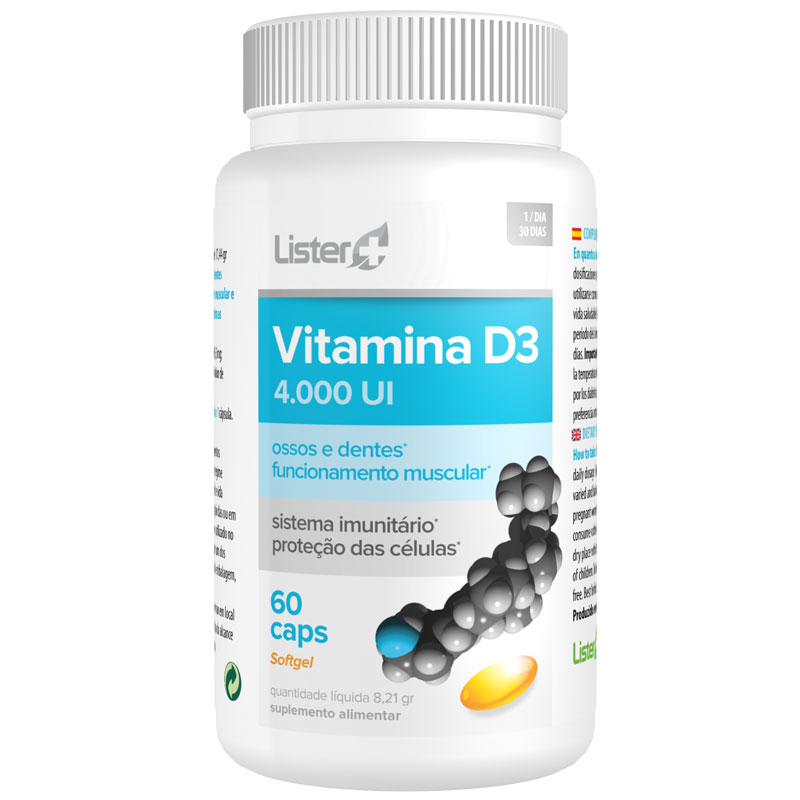
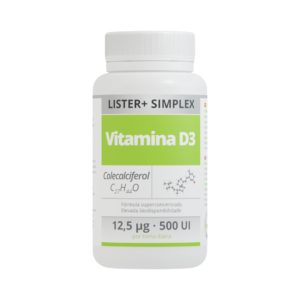
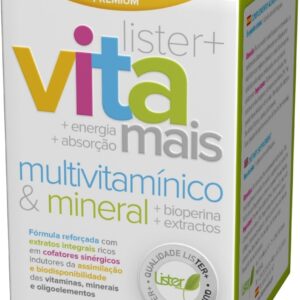
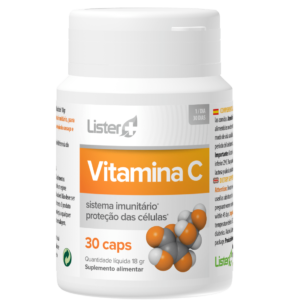
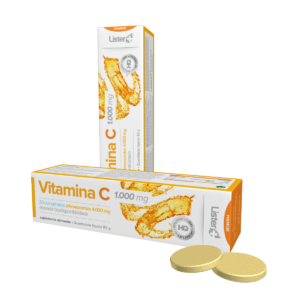
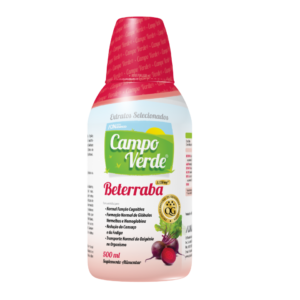
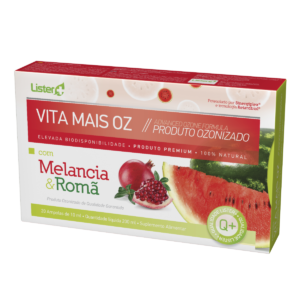

Reviews
There are no reviews yet.